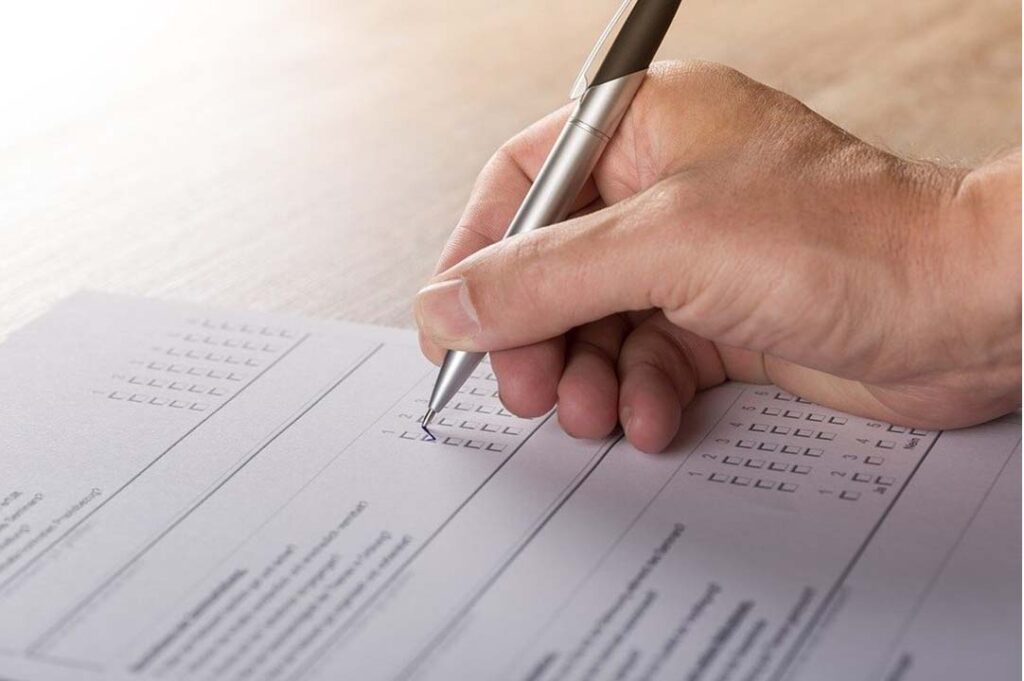A key focus of my blog is Current Events. The United States is on the precipice of potentially the most pivotal election in history at potentially the most tumultuous time in its history. We’re in an environment where it isn’t necessarily safe to say who your voting preference is. Even if you don’t disclose it yourself, is your voting record still confidential? The following contributed post is entitled, The Not So Secret Life of Your Voting Record.
* * *

How you vote in the next election is confidential. But whether you are a democrat or republican is not the only piece of information that is recorded when you send in your ballot. Many citizens make the mistake of thinking that all the information associated with their vote remains private, but the reality is very different.
What details are recorded?
When you register to vote, your data is stored in your state’s voting records. Identifying details such as your;
-Name
-Date and place of birth
-Gender
-Social security number
-Passport and/or license number
-Family names and maiden names
-Address (including previous addresses), and
-Contact information such as email and phone numbers
Who can access my record?
Not all of this information is publicly available, however, your name, address, and party affiliation is available, regardless of state. Apps such as OutVote and VoteWithMe make these records easily accessible by the general public. Additional information may be accessed by law enforcement or purchased from the registry by political parties.
State law dictates who can access records, and how the information can be used. It is generally the case that third parties can view your voting history online. The intent of this publicly available information is not generally for commercial purposes; however, it is rare that there are specific safeguards in place to prevent this being the case.
Whilst there are strict state and federal laws surrounding voter records and the safety of voter information, there have been incidents where this information has been unlawfully offered up for sale in the public domain.
How can I privatise my record?
You may be exempt from being required to have your information on the public voter registry. Status as a protected voter is given on a case by case basis, and can include:
-Law enforcement officers and their spouses
-Victims and witnesses of crime (including domestic violence)
-Healthcare professionals, including volunteers
-Some healthcare patients
-Foster parents
